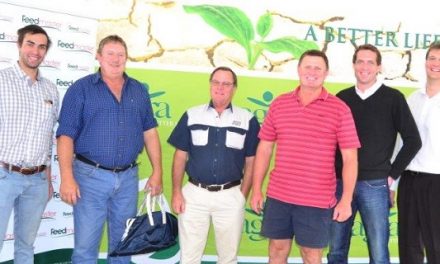
SADC citizens encouraged to embrace millet as nutritious fine grain cereal

The SADC Plant Genetic Resources Centre is encouraging SADC citizens to embrace millet as a nutritious food in line with the endorsement of the governing body of the Food and Agricultural Organisation’s International Treaty on Plant Genetic Resources for Food and Agriculture.
In a statement to mark the year 2023 as the International Year of Millets, the centre also encouraged food scientists to add value to millets and make them part of people’s daily sustenance. It further urged national gene banks to make available traditional millet varieties for use in propagating programmes, research, and direct consumption at the household level to address nutritional gaps in the SADC Region.
The theme for the International Year of Millets was proposed at the UN General Assembly and endorsed by Members of the Governing Bodies of the FAO. This is because millets have proven to be climate resilient and highly nutritious yet remain relatively undervalued, and under-utilised cereal crops.
Millets are a group of cereal grains belonging to the grass family. Despite being widely perceived as crops in terminal decline in favour of maize and sorghum, millets were in fact among the first plants to be domesticated and still serve as a traditional staple food in sub-Sahara Africa and Asia with both continents constituting the vast majority (over 90%) of millet production worldwide. Compared to other cereals like maize and rice, millets can grow in dry and marginal environments making them a crop with an important role in future food and nutritional security.
Millets are often called “nutri-cereals” with multiple-use properties because of their high nutritional content, which includes protein, fiber, micronutrients, and phytochemicals. It is also a gluten-free grain, high in energy but with a low glycemic index (low GI) which is an important property in managing type 2 diabetes as it does not raise blood sugar rapidly. It is high in fat, protein, iron, zinc, and phosphorus making it essential for bone growth.












































